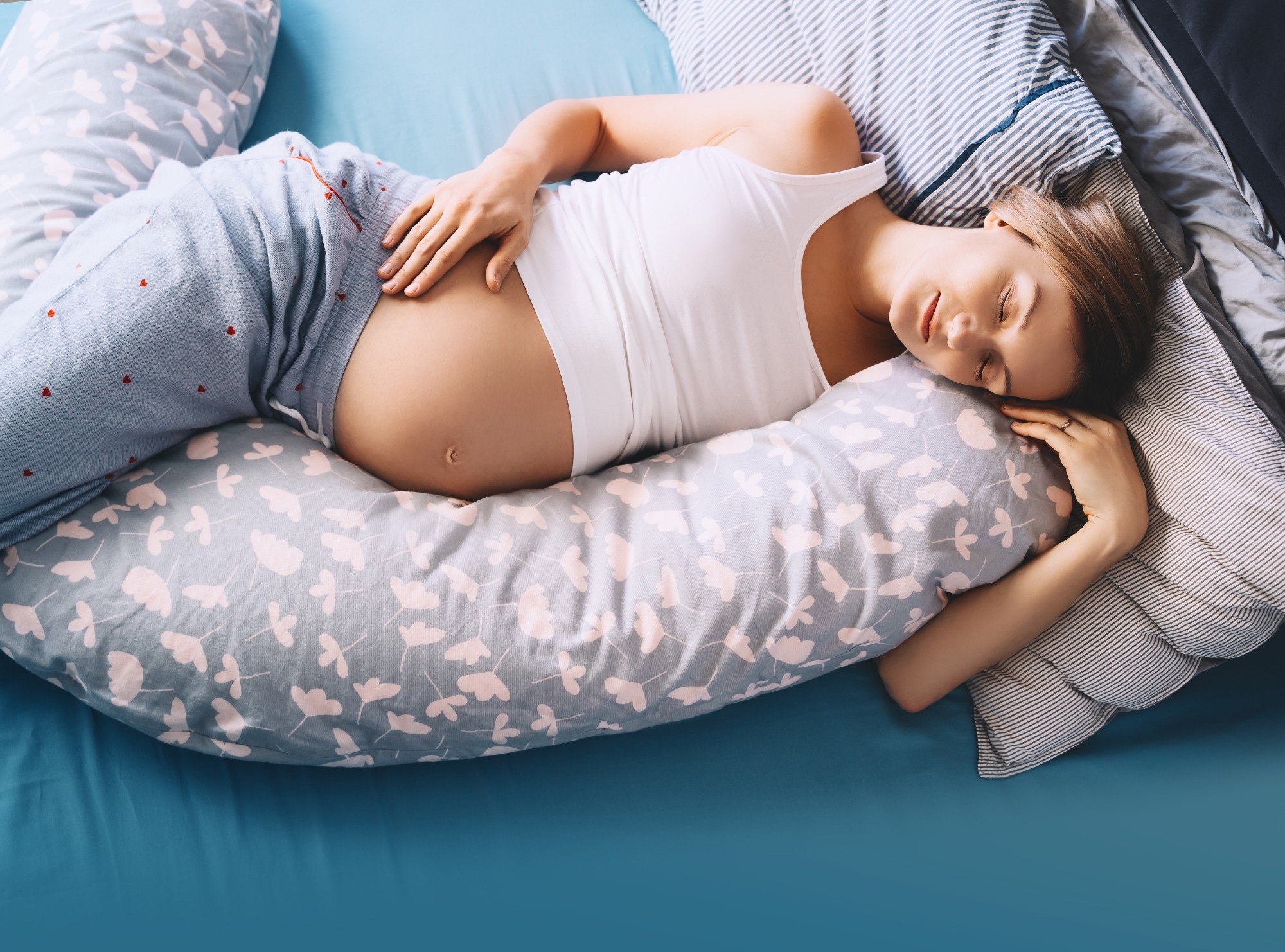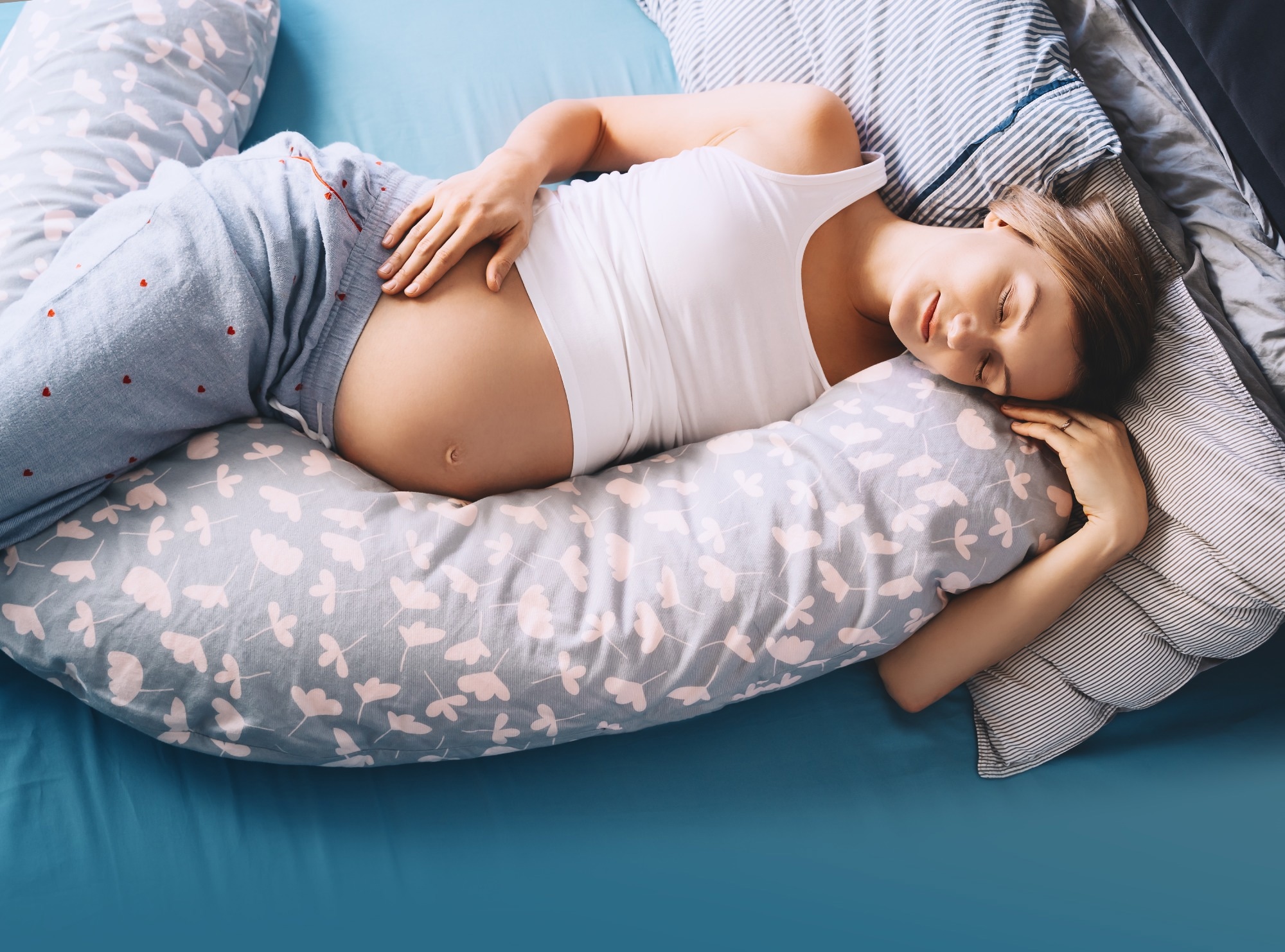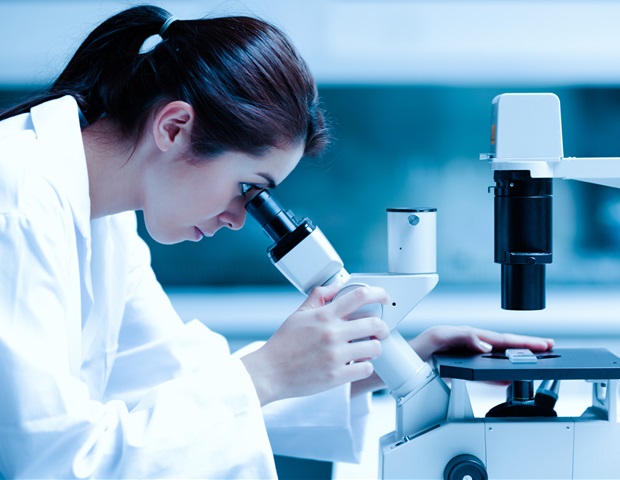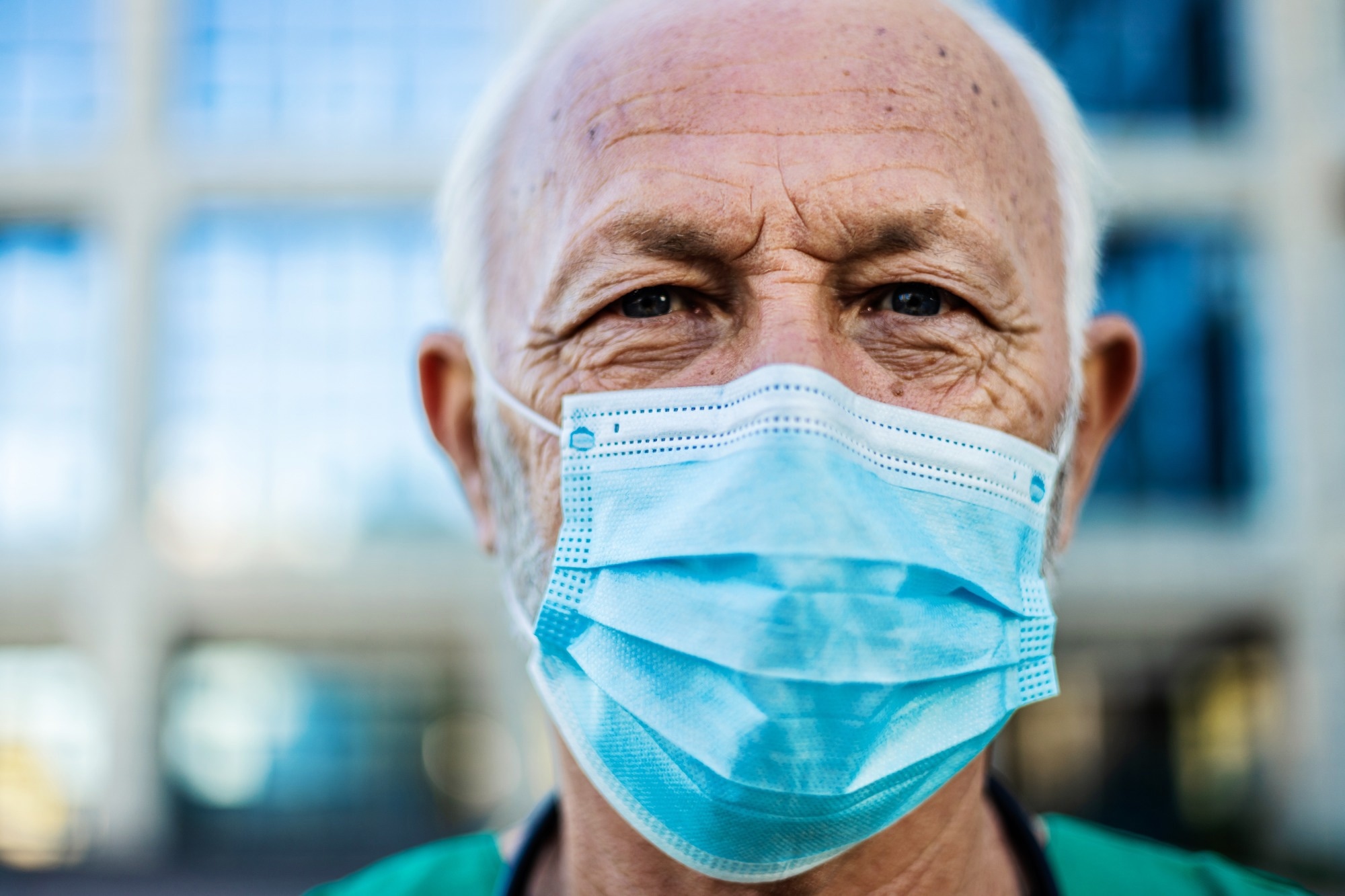A recent study published in the BMC Public Health suggests higher light exposure at night and poor sleep quality are associated with poorer mental health outcomes during the second and third trimesters of pregnancy.
 Study: Sleep, light exposure at night, and psychological wellbeing during pregnancy. Image Credit: Natalia Deriabina/Shutterstock.com
Study: Sleep, light exposure at night, and psychological wellbeing during pregnancy. Image Credit: Natalia Deriabina/Shutterstock.com
Background
For a long time, researchers have known that sleep has a complex relationship with psychological wellbeing, one that other factors can mediate. Increased exposure to artificial light at night affects our circadian rhythms and melatonin production, affecting sleep quality and, thus, mental health.
Due to the biological, hormonal, and other life changes during pregnancy, pregnant women are particularly vulnerable to higher levels of depression and stress. Still, the role of light in mediating these effects has not been well-studied. Therefore, knowing more about the links between light exposure, sleep quality, and mental wellbeing during pregnancy is particularly important.
About the study
In the present study, researchers in Malaysia and Japan collected detailed data on light exposure, sleep quality, and mental health from pregnant women. The women who participated in the study were aged between 20 and 48 years and were in their first pregnancy. They did not have conditions such as gestational diabetes, hypertension, or anemia, which could also affect their outcomes.
Participants were asked to answer questionnaires on these subjects during their second and third trimesters. Their sleep quality in the month preceding the survey was assessed based on seven components, including how long they slept, their use of sleep medication, disturbances, and dysfunction during the day. This was used to calculate a sleep score called the Pittsburgh Sleep Quality Index (PSQI), with a higher score indicating poorer sleep.
Researchers also used a Harvard Light Exposure Assessment to calculate exposure to light (in lux levels) over three days, which included two weekdays and one day over the weekend. The participants were asked to note the different sources of lighting they were exposed to, including various artificial lamps and natural lighting, every hour from 7 p.m. to 7 a.m.
Finally, a Depression, Anxiety, and Stress Scale was used to assess the women’s psychosocial wellbeing during the week before the study, with a higher score associated with greater levels of depression, anxiety, and stress.
Researchers used statistical analyses to explore the link between light levels and sleep quality with mental health, controlling for the women’s age and income. The study findings are based on 115 eligible individuals who completed both survey rounds.
Results and discussion
Researchers reported that overall, sleep quality declined as women moved from their second to their third trimester, with increased scores for both sleep disturbance (9.9 to 11.1) and sleep duration (0.9 to 1.1). The overall PSQI score increased from 5.7 to 6.2.
As expected, the women’s exposure to artificial light was the highest between 7 p.m. and 10 p.m. and lowest between 1 a.m. and 4 a.m. However, their exposure increased from their second to third trimesters across all blocks of time.
There were no significant differences in the percentage of women experiencing mental health issues in their second and third trimesters. The mental health survey showed that 10% of the women suffered from stress and depression, and nearly half had mild to severe anxiety.
Analyzing the connections between these factors, the study found links between poor sleep quality and anxiety for women in their second trimester but no relationship with light levels.
However, researchers did find that as women in their third trimester were exposed to higher levels of light exposure between 10 p.m. and 1 p.m., their likelihood of stress and depression increased.
Conclusions
This study is among the first to show links between light exposure at night, quality of sleep, and mental health during pregnancy; however, these findings could not establish a causal effect.
While light exposure could reduce sleep quality, those who sleep more poorly in the first place may use more artificial light at night, increasing their exposure.
Further research is required to examine if light exposure is the cause of these negative outcomes in terms of sleep and mental health.
Future work should also examine whether decreasing artificial light exposure can improve pregnant women’s sleep quality and psychological well-being. These studies should also include more objective measures of light exposure, as self-reported data can be biased.
Despite the gaps in the study, it is clear that improving sleep quality may be key to better mental health during pregnancy, which will lead to better outcomes for both mothers and children. Researchers hypothesize that light affects the body’s circadian system, modifying natural biological rhythms and thus affecting moods, especially during pregnancy.
“It seemed that the influence of light on psychological wellbeing is acute in the preliminary findings, and perhaps, longer exposure, follow-up periods, and objective assessments would provide better insights.”
Journal reference:
-
Ng, C. M., Kaur, S., Kok, E. Y., Chew, W. L., Takahashi, M. and Shibata, S. (2023) BMC Public Health, 23(1). doi: 10.1186/s12889-023-16655-y. https://bmcpublichealth.biomedcentral.com/articles/10.1186/s12889-023-16655-y















